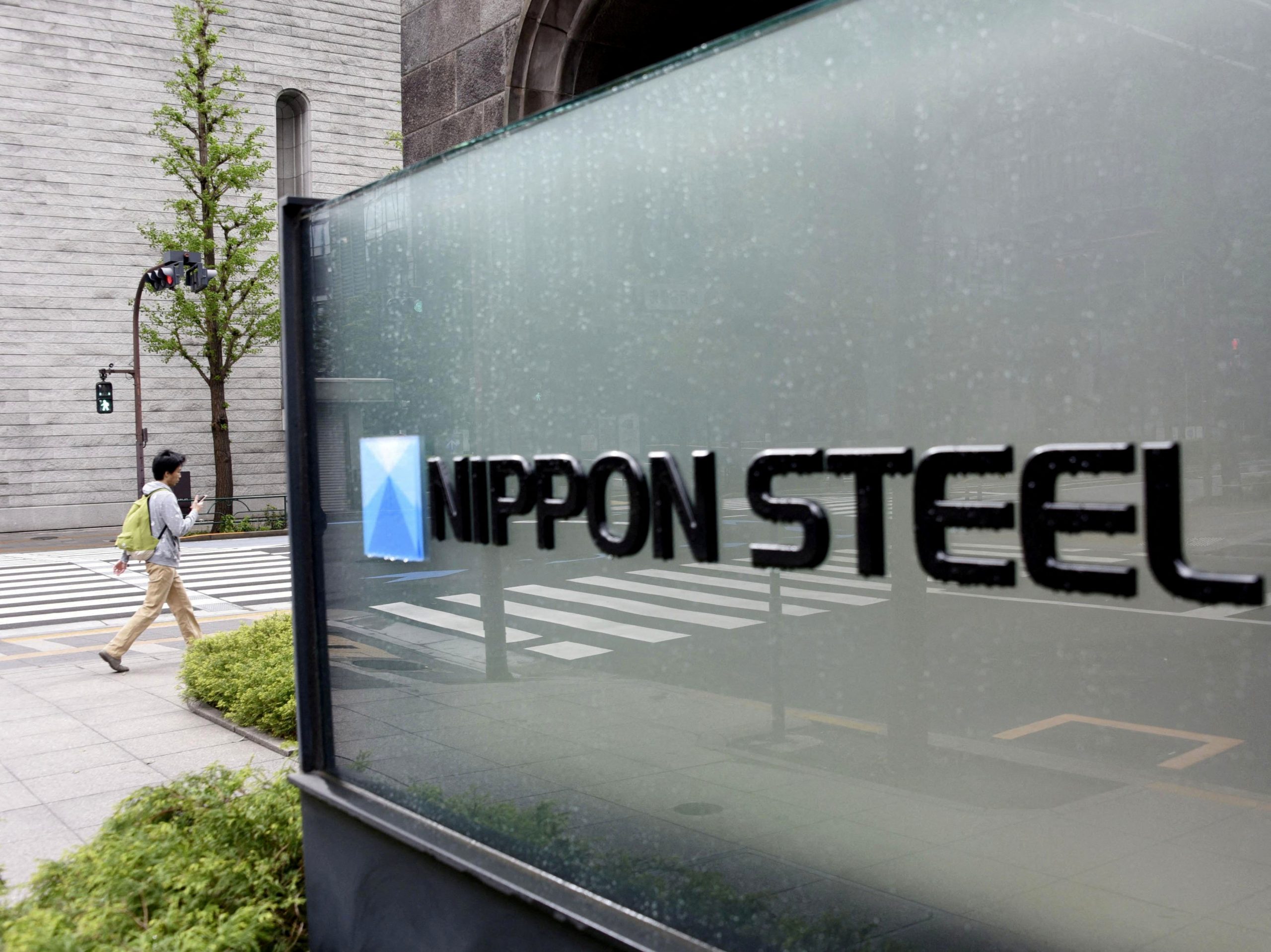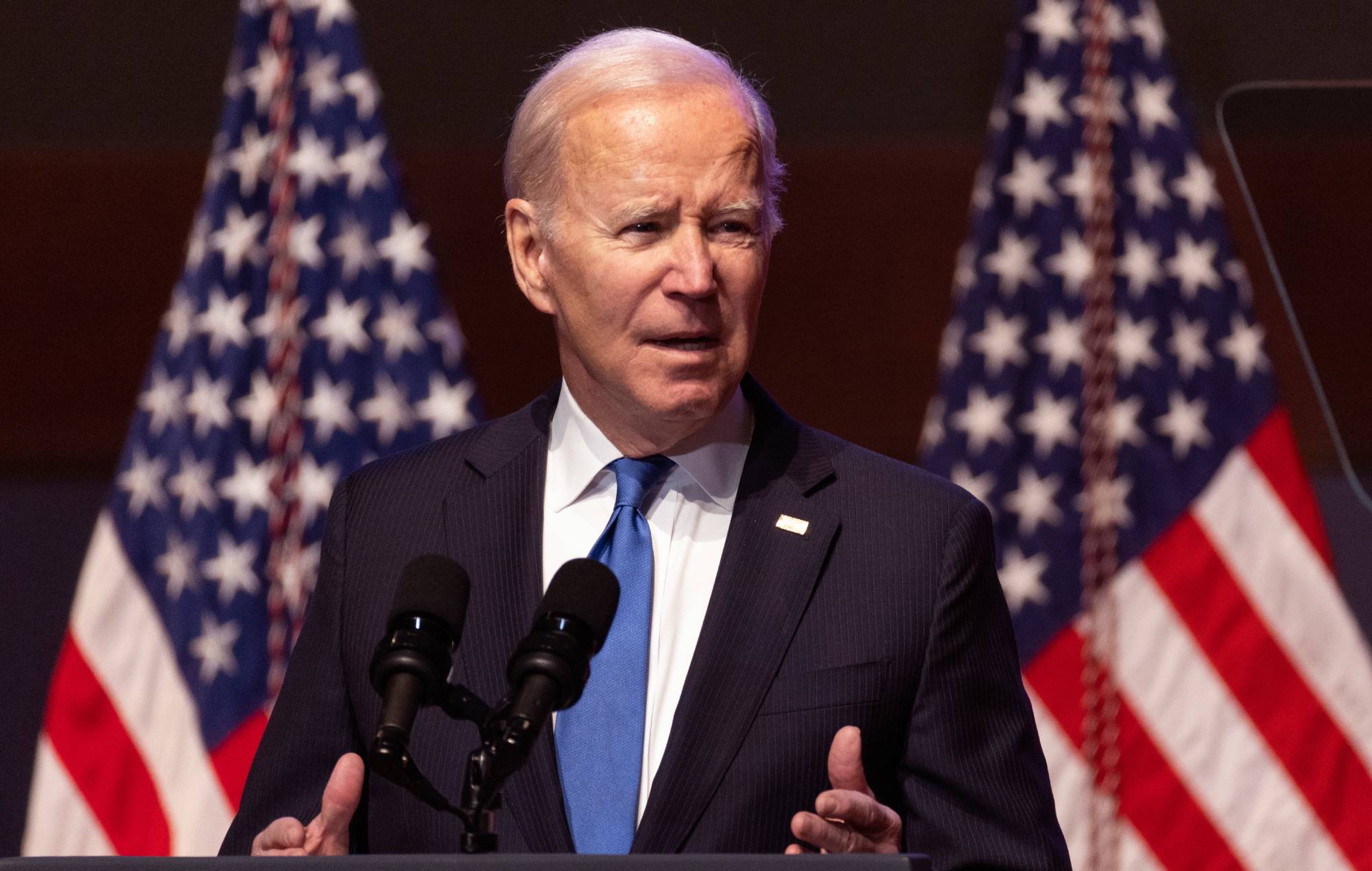Nippon Steel’s $14.9 billion acquisition of U.S. Steel may be delayed by U.S. politicians and labor organizations, investors worry.

Concerns Mount Over Nippon Steel’s U.S. Steel Acquisition Amid Political Scrutiny
Despite the market’s forecast of over 70% possibility of the merger going through, the widening difference between the agreement value and U.S. Steel’s market price signals political problems could delay the deal. CFIUS, which examines acquisitions for national security, is expected to scrutinize deals more. The lengthy evaluation period may be due to political pressures, even though Nippon is a U.S. ally with North American interests.
CFIUS may find it difficult to prohibit the deal, but traders expect it to extend the assessment to address calls for thorough scrutiny. Although the firms want to close the deal in Q2 or Q3 2024, the growing disparity suggests investor uncertainties. Senators from steel-producing states opposing the accord raise headline risks in an election year. The Treasury, which chairs CFIUS, has not commented.
The biggest disparity between the transaction price and U.S. Steel’s shares since the takeover announcement illustrates both the prospect of a deal concluding and its longevity. Roy Behren of Westchester Capital Management said market mispricing, pushed by lawmakers and the USW union, doesn’t meet regulatory clearance standards.
READ ALSO: South African rand slips ahead of key US inflation report
Political Opposition and Regulatory Concerns Cast Shadows on Nippon Steel’s Acquisition of U.S. Steel
The USW opposes the sale over labor agreements and urges regulators to examine the acquisition’s impact on national security and workforce benefits. Democratic and Republican senators have opposed the transaction, with three Republicans pressing CFIUS to prohibit it for national security. President Biden’s aide Brian Deese urged a thorough investigation into Nippon’s purchase. However, the White House has not commented.
Note that Nippon must pay U.S. Steel $565 million if the deal fails. Political issues might complicate CFIUS-approved acquisitions like the 2006 Dubai Ports World acquisition. Japanese companies like SoftBank have made CFIUS concessions to satisfy regulatory concerns that affect foreign investments in the U.S.
READ ALSO: ANALYSIS-Investors see US politics delaying Nippon Steel’s U.S. Steel acquisition




